On 11-13 May 2015, London School of Economics and Political Science’s (LSE) Contemporary Turkish Studies chair organized a conference titled “Encountering the Past in Turkey”. The document presenting the conference explains the conference’s goals as such:
“This 3-days conference explores how, why, under what conditions, and among which groups did willingness to confront the Armenian Genocide and other violent episodes Turkish history came into being. What kinds of strategies are used by different groups to promote coming to terms with the past as well as avoiding it? What transformative power can we expect from this numerically limited but strongly articulated movement? What are the implications of encountering the past for contemporary dynamics in Turkey? By doing so, it is hoped that the conference will contribute to promoting acts of reconciliation that have begun in Turkey.”
The fact that the chair of a prestigious university like LSE organized a conference that handled the Armenian issue in such a manner presents a serious problem in a number of ways.
The LSE Turkish chair was established to politically and culturally analyze Turkey and Turkish diaspora communities in their various aspects, and to understand Turkey in a more comprehensive way. A conference organized by this chair should have served this outlined purpose. Yet, the presenting document and the speakers of the conference accepted the Armenian genocide claims as an undisputable fact, and the conference was carried out with this assumption. Arguments and speakers that reject and criticize Armenian genocide claims were not -in any way- given any place in the conference, and the conference was conducted in a one-sided manner. According to the information conveyed to AVIM, the presentations done by the speakers contained numerous factual errors about Turkey and its history, and the presentations put forth intense anti-Turkey and anti-Turkish sentiments.
According to this information conveyed to AVIM, the conference was conducted in a disrespectful manner that was completely against academic principles and one that was unwilling to listen to different ideas. During the conference, persons wishing to express dissenting opinions, to question the content of the presentations, and to highlight Turkish-Armenians friendship despite all the polemics were met with hostile reactions. Faced with criticism directed towards them, the organizers and the speakers exhibited bizarre manners that sometimes amounted to verbal harassment, and which involved mocking and laughing at the criticizing people, cutting off people’s questions or attempting silence people by making excessive noise.
Despite being clearly expressed in advance that anybody was free to attend the conference, the conference was actually carried out in the complete opposite manner. According to the information conveyed to AVIM, people were prevented from taking photos or making sound recordings of the conference, and it was indicated that doing so was prohibited. People expressing dissenting opinions and asking questions were interrogated; they were accusingly asked who they were, what their profession was, where they came from and by whom they were sent. Some people were rudely told to leave the conference room.
The questions that have to be asked here are the following: What was the purpose of organizing a conference that was, in terms of the manner in which it was conducted, far removed from being academic? In a conference organized by a Turkish chair, how was it hoped to soundly analyze Turkey and its history when exhibiting such manners? Despite being expressed in advance that attendance was open to all, why was the conference conducted as if it was a secretive gathering? More specifically, why were the well-known propagandas and the clichés of the Armenian genocide claims presented to the audience in a copy-and-paste manner and why was ithere an attempt to impose these on the audience?
When its content and the way it was carried is analyzed, it becomes clear that this conference failed in reaching its presented goals. A country, its history and its people, cannot be properly understood when the analysis is conducted in a combative, disrespectful manner that is closed off to feedback. Such a way cannot contribute to reconciliation (both in general and between Turks and Armenians in specific), it will instead only serve to create social reaction that will impede reconciliation.
The truly saddening and disturbing aspect of this situation is that the Contemporary Turkish Studies chair, which organized this conference, was established with the funds and support that came from various sources in Turkey. As in, a university chair that was established with the resources and effort of Turkey organized a conference that -in a one-sided manner- gave space to the expression of anti-Turkey and anti-Turkish sentiments. As such, moral, ethical irresponsibility was added on top of factual errors and academic degradation.
© 2009-2025 Center for Eurasian Studies (AVİM) All Rights Reserved
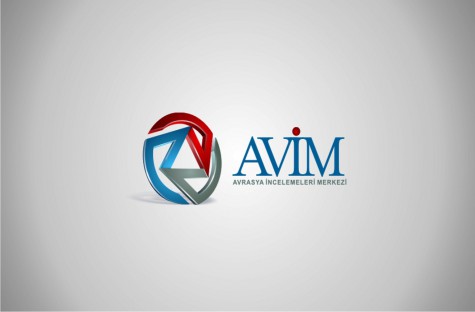
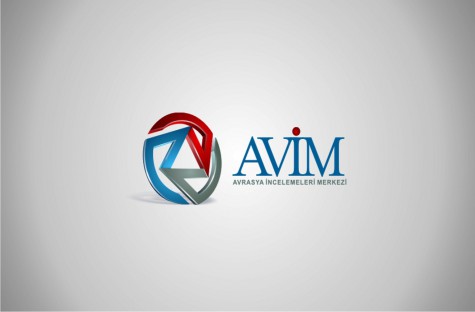 AMBASSADOR WARLICK’S SIX POINTS REGARDING PEACE FOR NAGORNO-KARABAKH
AMBASSADOR WARLICK’S SIX POINTS REGARDING PEACE FOR NAGORNO-KARABAKH
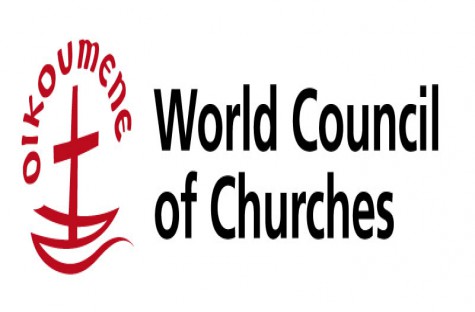 WHAT IS THE WORLD COUNCIL OF CHURCHES?
WHAT IS THE WORLD COUNCIL OF CHURCHES?
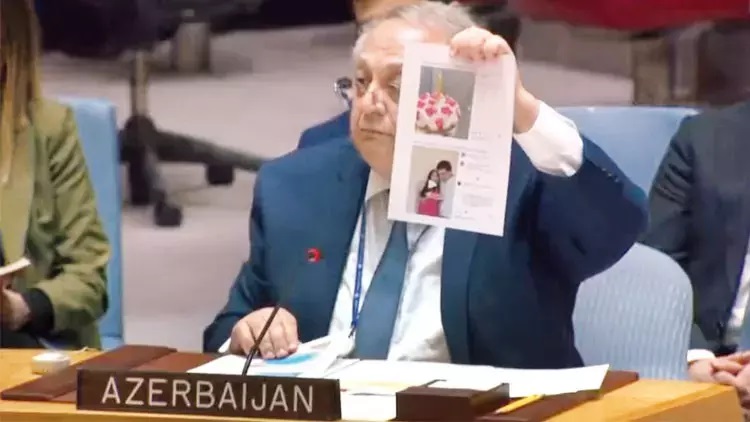 DISCUSSIONS ON KARABAKH AT THE UNSC AND ITS REPERCUSSIONS IN SOME CIRCLES
DISCUSSIONS ON KARABAKH AT THE UNSC AND ITS REPERCUSSIONS IN SOME CIRCLES
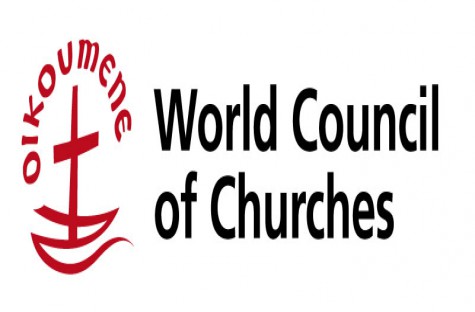 TURKISH-ARMENIAN CONTROVERSY CONTINUES TO BE INSTRUMENTAL FOR THE CHURCH TO INCITE RELIGIOUS AND ETHNIC ANIMOSITY
TURKISH-ARMENIAN CONTROVERSY CONTINUES TO BE INSTRUMENTAL FOR THE CHURCH TO INCITE RELIGIOUS AND ETHNIC ANIMOSITY
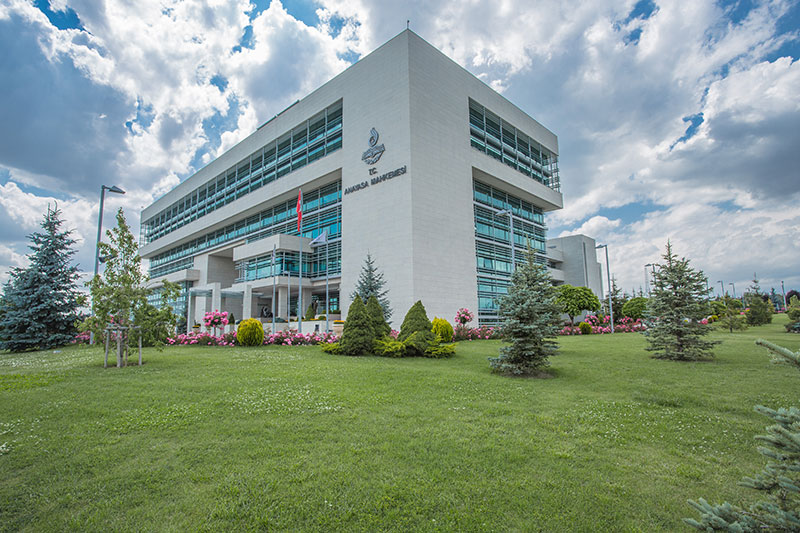 THE ARMENIAN CATHOLICOSATE OF CILICIA’S APPLICATION TO THE CONSTITUTIONAL COURT OF TURKEY
THE ARMENIAN CATHOLICOSATE OF CILICIA’S APPLICATION TO THE CONSTITUTIONAL COURT OF TURKEY
 DISCUSSIONS ON KARABAKH AT THE UNSC AND ITS REPERCUSSIONS IN SOME CIRCLES
DISCUSSIONS ON KARABAKH AT THE UNSC AND ITS REPERCUSSIONS IN SOME CIRCLES
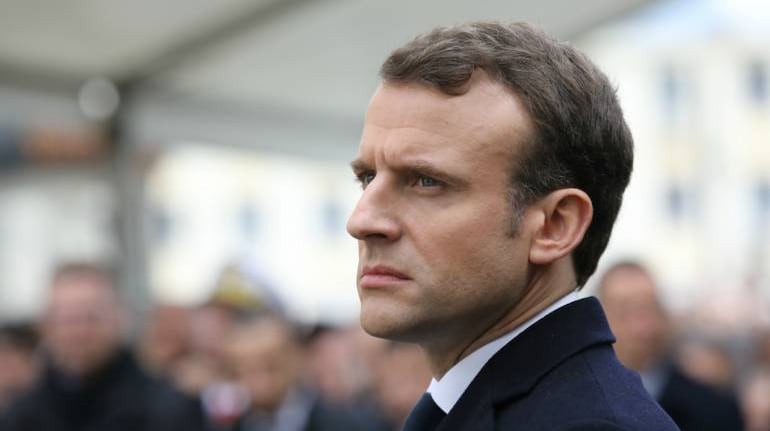 EU OBSERVER IN THE SPOTLIGHT AGAIN
EU OBSERVER IN THE SPOTLIGHT AGAIN
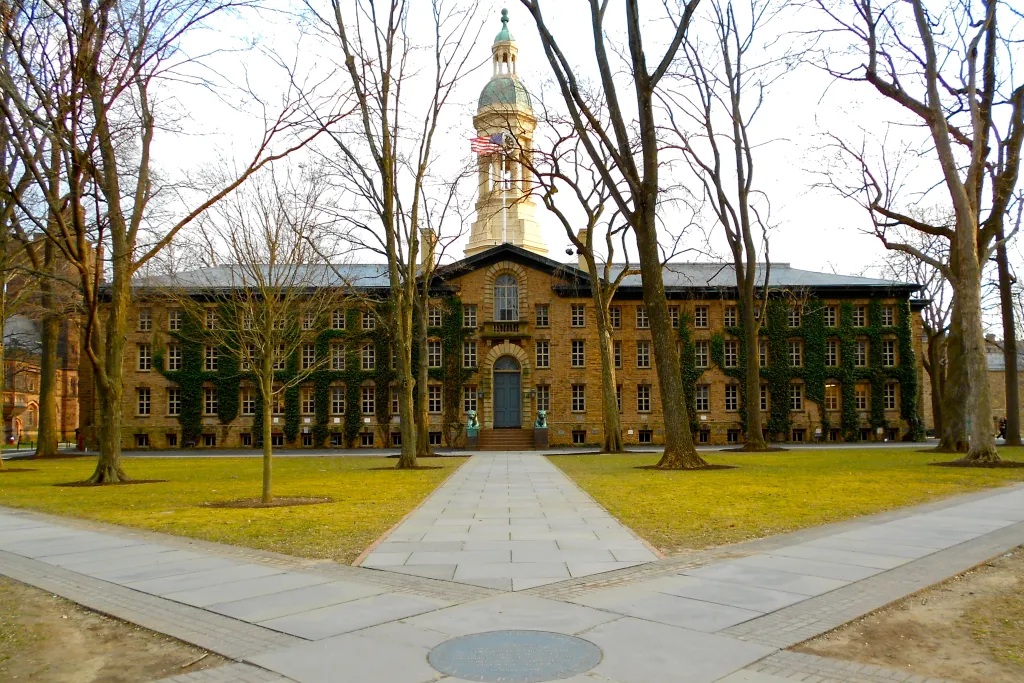 A DECEITFUL ATTEMPT TO TARNISH ATATÜRK’S LEGACY AT PRINCETON UNIVERSITY
A DECEITFUL ATTEMPT TO TARNISH ATATÜRK’S LEGACY AT PRINCETON UNIVERSITY




























